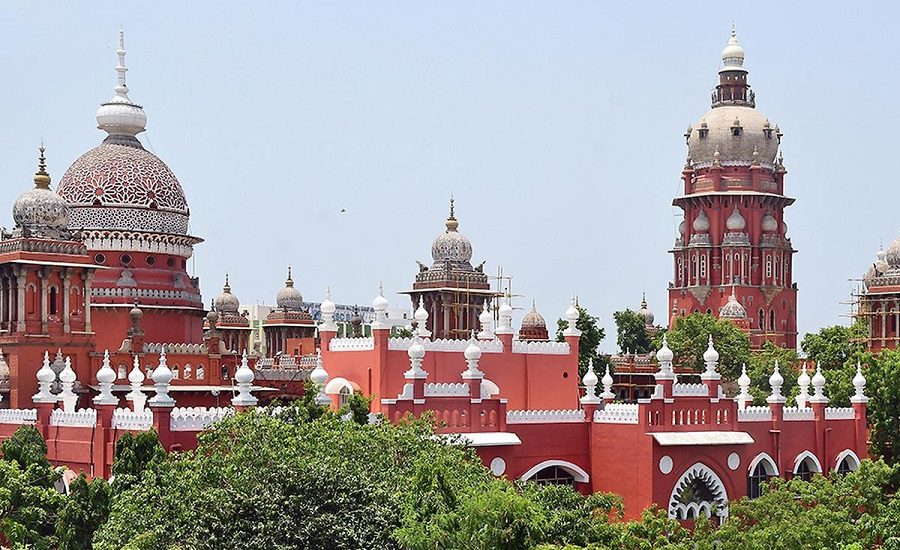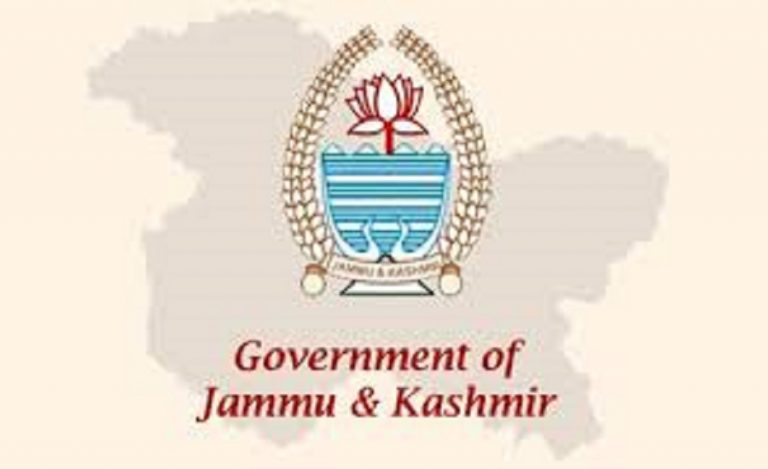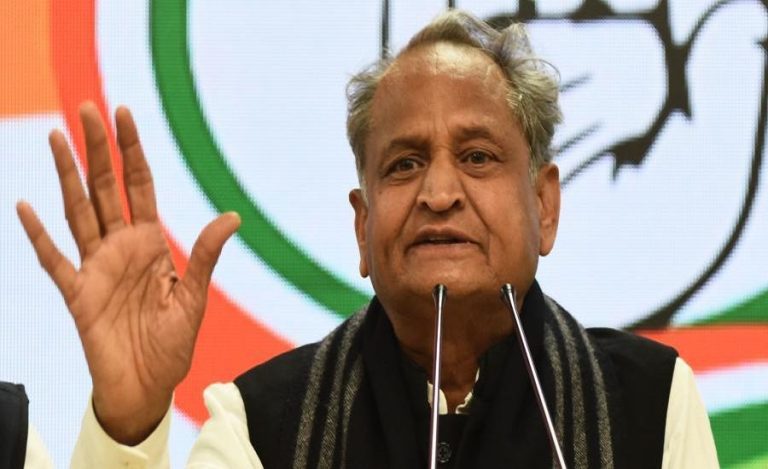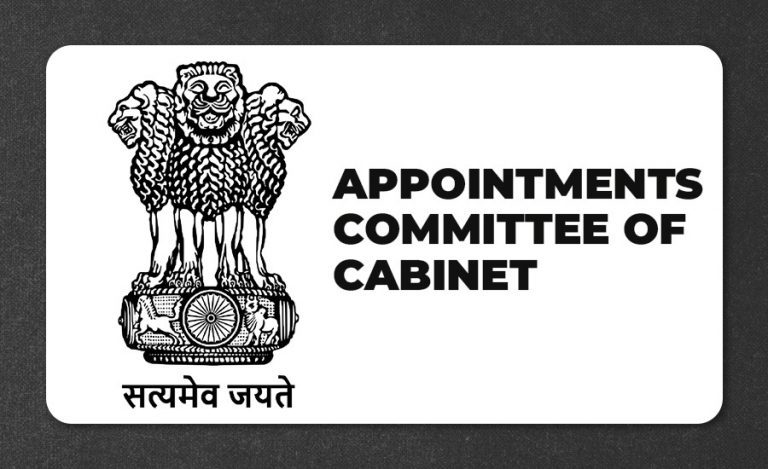Chennai: The Madras High Court, visibly irked over what it described as “bureaucratic arrogance,” pulled up Greater Chennai Corporation (GCC) Commissioner and 2004 batch IAS officer J. Kumaragurubaran, questioning whether IAS officers consider themselves “superior to the judiciary.”
“Do IAS officers see themselves as superior to the judiciary? Should we show the power of the courts?” remarked the first bench of Chief Justice K R Shriram and Justice Sundar Mohan, during a heated hearing on Wednesday.
The sharp rebuke came as the bench took up a case relating to the failure of the GCC to remove encroachments in Zone 5, despite clear court orders dating back to April 8, 2022.
Rs 1 Lakh Cost to Be Deducted from IAS Officer’s Salary
On July 8, the court imposed a cost of ₹1 lakh on Commissioner Kumaragurubaran for seeking adjournment instead of offering a proper explanation for non-compliance. The court ruled that the amount must be deducted directly from his salary and donated to the Indian Cancer Society, Mumbai.
When proceedings resumed on Wednesday, Additional Advocate-General J. Ravindran attempted to shield the commissioner, arguing that the error in the affidavit submitted to the court was made by law officers.
The court rejected the excuse, stating: “Even if it is so, he should have read the affidavit before signing it. He is unfit to be an IAS officer if he fails to do so.”
The matter has now been posted for further hearing on Thursday.
Contempt Petition Sparked by Inaction Against Encroachments
The issue arises from a contempt of court petition filed by advocate N. Rukmanganthan, who alleged that the corporation had not acted on the High Court’s 2022 directive to remove unauthorized structures in Zone 5.
Despite repeated court directions and assurances from the GCC, the bench noted that the corporation had failed to provide adequate details or evidence of any action taken. The GCC’s conduct, the bench observed, gave the impression that it was shielding violators rather than enforcing the law.
Court Warns Against Bureaucratic Defiance
The Madras High Court’s stinging observations are a stern reminder to civil servants that judicial orders must be obeyed without evasion or delay. The judges’ remark – “Should we show the power of the courts?” – signals a rising intolerance for what they see as growing bureaucratic nonchalance and procedural defiance.
The court has made it clear that accountability will not be diluted simply because the official in question holds high administrative office.




























